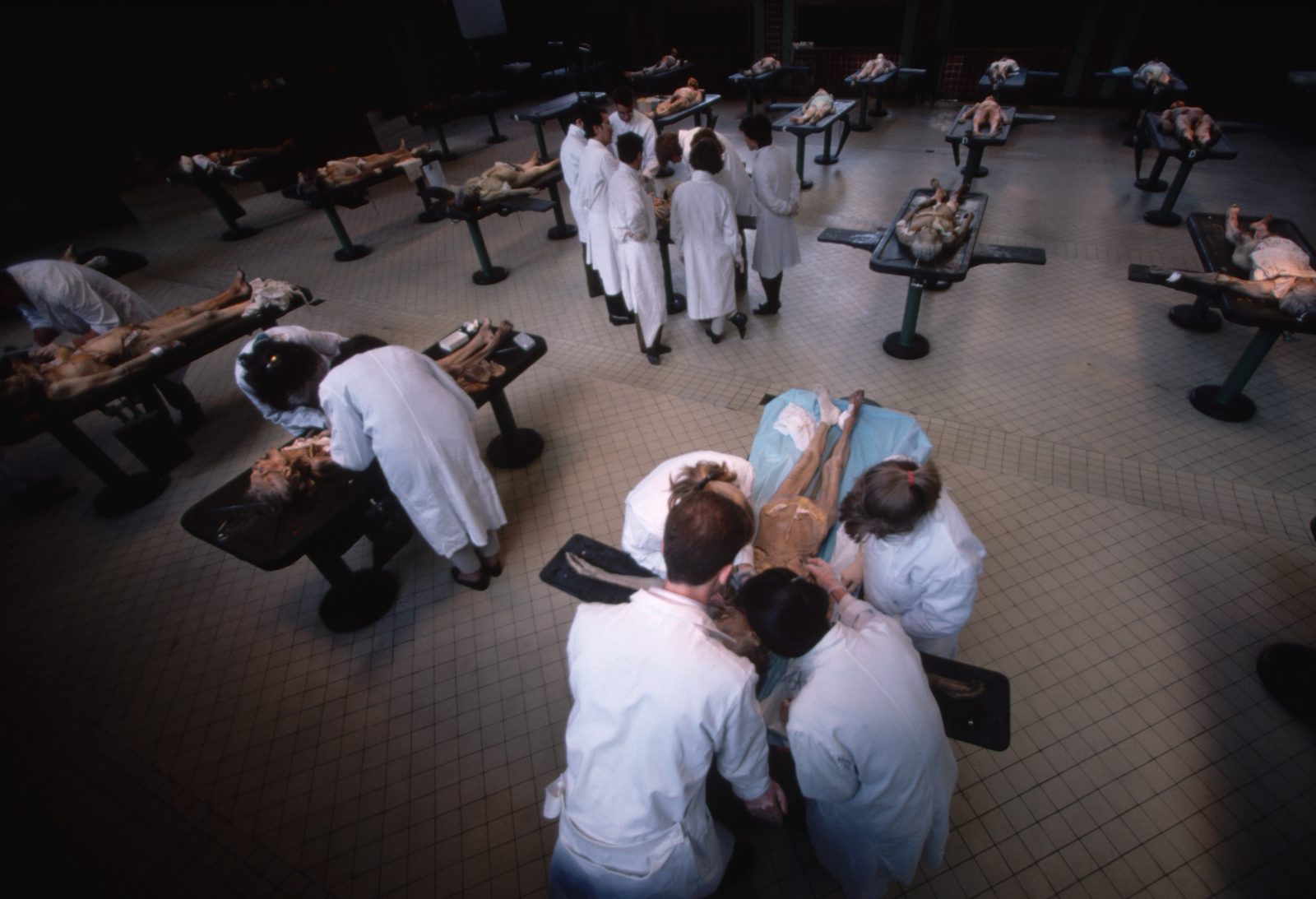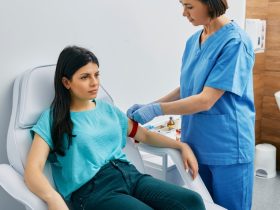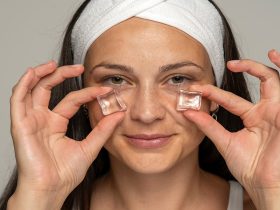Donating one’s body to science can provide a valuable service to the medical community by advancing medical research and training future healthcare professionals. In this article, we will explore how whole-body donation is useful in medical research, the benefits of body donation, and the process of becoming a body donor.
Advancement of Medical Research
One of the primary ways that donated bodies are used in medical research is to advance our understanding of human anatomy and physiology. Medical researchers use donated bodies to study the structure and function of the human body, which helps to improve the diagnosis and treatment of diseases. In addition, donated bodies are often used to test new surgical techniques, medical devices, and treatments, which helps to improve patient outcomes and save lives.
Training for Healthcare Professionals
Another important use for donated bodies is the training of healthcare professionals, including medical students, residents, and practicing physicians. Donated bodies provide hands-on learning opportunities for healthcare professionals, which helps them to better understand the human body and improve their clinical skills. This type of training is essential for ensuring that future healthcare professionals are well-prepared to provide high-quality care to patients.
Development of Medical Devices and Procedures
In addition to advancing medical research and training healthcare professionals, donated bodies can also be used to develop new medical devices and procedures. For example, medical researchers may use donated bodies to test the safety and efficacy of new implantable devices, such as pacemakers or artificial joints. Similarly, donated bodies can be used to develop new surgical procedures, such as minimally invasive surgeries, which result in faster recovery times and fewer complications for patients.
Benefits of Body Donation
There are many benefits to donating one’s body to science, including the opportunity to make a meaningful contribution to medical research and the training of healthcare professionals. Body donation can also provide a cost-effective alternative to traditional funeral arrangements, as the costs associated with the transportation and disposal of the body are typically covered by the receiving institution. Additionally, body donation can provide comfort to families who know that their loved one’s body is being used to advance medical knowledge and improve patient care.
Donating one’s body to science is a valuable and meaningful way to contribute to the advancement of medical research and the training of healthcare professionals. From advancing our understanding of human anatomy and physiology, to testing new surgical techniques and medical devices, donated bodies play a crucial role in improving patient care and saving lives.
If you are considering body donation, it is important to carefully consider your options and discuss your decision with your family, as well as to inform yourself about the process and requirements involved. Regardless of your decision, it is important to remember that every person’s body, regardless of how it is disposed of, is worthy of respect and dignity.






